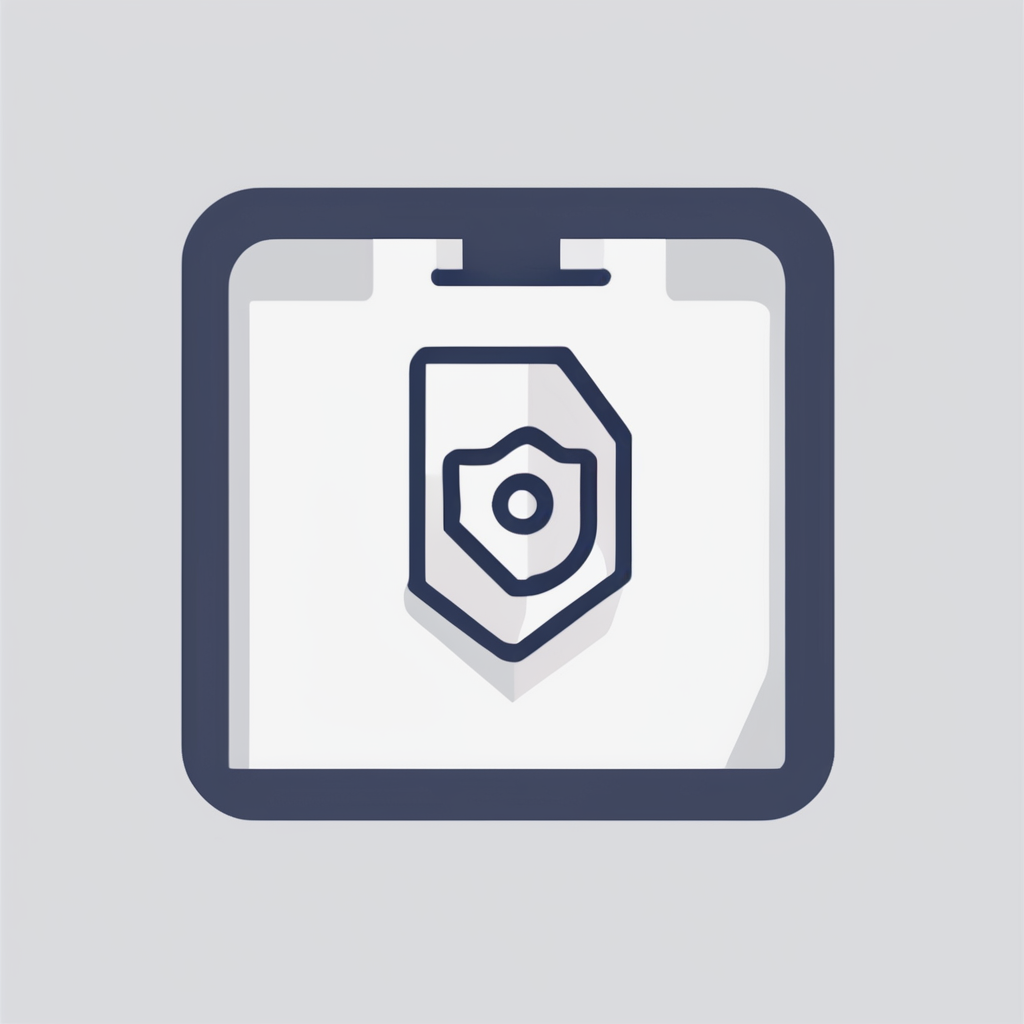Workplace safety depends on expert guidance that aligns with the latest standards and regulations. Health professionals and certified consultants offer practical solutions to reduce risks and ensure compliance across diverse industries. Understanding how to access trusted resources, like the OSHCR, empowers businesses to protect employees effectively while navigating complex safety challenges with confidence and clarity.
The Importance of Professional Workplace Safety Expertise
Workplace safety consulting plays a vital role in ensuring organizations maintain compliant, secure environments. Hiring accredited health and safety professionals guarantees adherence to regulatory standards, such as those set by OSHCR, which vet and recognize credible experts—Click to discover. These consultants conduct comprehensive risk assessments and design tailored safety management systems to mitigate hazards.
Have you seen this : Boosting uk business visibility: top strategies for enhancing online presence in 2024
Benefits extend beyond compliance; organizations experience a substantial reduction in incidents and injuries. This proactive approach fosters a strong safety culture, boosting employee morale and overall productivity. Engaging trusted providers like OSHCR or certified consultancy firms ensures access to industry-leading practices and ongoing support.
Employing certified health and safety consultants not only minimizes legal liabilities but also enhances operational resilience, especially for small businesses seeking specialized guidance. Their expertise is vital in developing hazard identification techniques, conducting safety audits, and implementing employee safety training programs. Evaluating workplace safety laws overview and integrating advanced safety solutions are critical steps. More details are available on this page: Click to discover.
In parallel : Discover the groundbreaking trends transforming the future of uk enterprises
Key Services Offered by Workplace Safety Experts
Comprehensive Risk Assessments and Safety Audits
Workplace safety consulting prioritizes workplace risk assessment. This process begins with hazard identification techniques—from detailed site inspections to comprehensive checklists for fire safety management and machinery safety procedures. Certified industrial hygiene experts examine work environments for exposure risks, aligning inspections with regulatory safety standards and workplace safety laws overview. Using advanced safety management systems, consultants measure compliance through up-to-date safety performance metrics and frequent compliance audits. These strategies drive effective worksite safety inspections and incident investigation procedures, reducing the potential for workplace accident prevention failures.
Employee Training and Engagement Programs
A core feature in employee safety training is practical education. Safety training workshops address areas like personal protective equipment evaluation, workplace injury reduction strategies, and ergonomics assessment. Leading consultants embed workforce safety engagement via tailored safety leadership best practices and safety behavior modification, nurturing a robust safety culture improvement mindset. This elevated focus on risk awareness and safety workshops for employees directly influences occupational health services by promoting regular workplace health monitoring, mental health and safety integration, and effective emergency preparedness planning.
Policy Development and Regulatory Compliance
Consultants empower organizations with health and safety policy writing, ensuring workplace safety program development aligns with dynamic UK health and safety compliance requirements. Policy support covers hazard communication programs, contractor safety management, and ongoing implementation of new incident reporting systems. Robust policy frameworks, updated for health and safety legislation updates and workplace compliance monitoring, drive best-in-class occupational risk management, protecting workers and enabling sustained organizational confidence in compliance.
Leveraging Technology and Expert Support for Improved Safety Outcomes
Advanced Monitoring and Data Analysis Tools
Industrial safety solutions increasingly depend on real-time workplace health monitoring. IoT-enabled sensors now detect hazards—such as poor air quality or malfunctioning machinery—with greater accuracy. This reduces delays in workplace accident prevention and enables instant escalation through incident reporting systems. AI-powered predictive analytics enhance workplace risk assessment by interpreting safety data analysis trends, anticipating high-risk scenarios, and triggering targeted interventions. These advanced systems foster compliance with regulatory safety standards and allow safety audits and inspections to focus on emerging threats rather than routine checks.
Innovations in Training and Inspection
Modern employee safety training employs immersive virtual reality (VR) and augmented reality (AR) to simulate emergency preparedness planning. Workers can practice responding to hazardous events in controlled, risk-free environments. Drones and robotic devices have revolutionized hazardous area inspections, supporting safe chemical safety management and work environment hazard control without jeopardizing personnel. While these workplace safety technology tools drive better occupational risk management, organizations must address training and integration costs for effective adoption.
Choosing Trusted Safety Consultants and Service Providers
Opting for certified health and safety consultancy services ensures reliable hazard identification techniques and robust support for occupational health services. Accreditation from bodies like IOSH, OSHCR, and IIRSM reflects proven expertise in workplace safety consulting, workplace compliance monitoring, and workplace safety program development. Consultants from firms such as Bureau Veritas and Citation reduce legal liabilities, streamline health and safety policy writing, and deliver proactive workplace injury reduction strategies—maximizing safety culture improvement and regulatory compliance.
Workplace Safety Consulting: Comprehensive Approaches for Modern Businesses
Workplace safety consulting provides organisations with well-structured strategies to meet health and safety compliance obligations. Consulting begins with rigorous workplace risk assessment, where hazards are identified using proven hazard identification techniques. These techniques allow consultants to craft targeted occupational health services, focusing on both immediate and long-term risk control.
Clients receive tailored employee safety training and workplace accident prevention programs that are regularly updated to reflect new regulatory safety standards. Through ongoing safety management systems and scheduled safety audits and inspections, businesses maintain a high level of compliance and foresee safety gaps before incidents occur.
A multidisciplinary approach, supported by industrial hygiene experts, encompasses emergency preparedness planning, workplace health monitoring, and proactive workplace injury reduction strategies. Effective consulting partners, as described in sector-leading models, deliver value by simplifying complex workplace safety laws overview so even small businesses achieve robust protection through accessible and relevant support.
Workplace safety program development further engages the workforce, making safety a shared responsibility. Integrating workplace safety technology tools—from digital checklists to AI monitoring—ensures continuous improvement in occupational safety and fosters a strong safety culture improvement across all levels.




